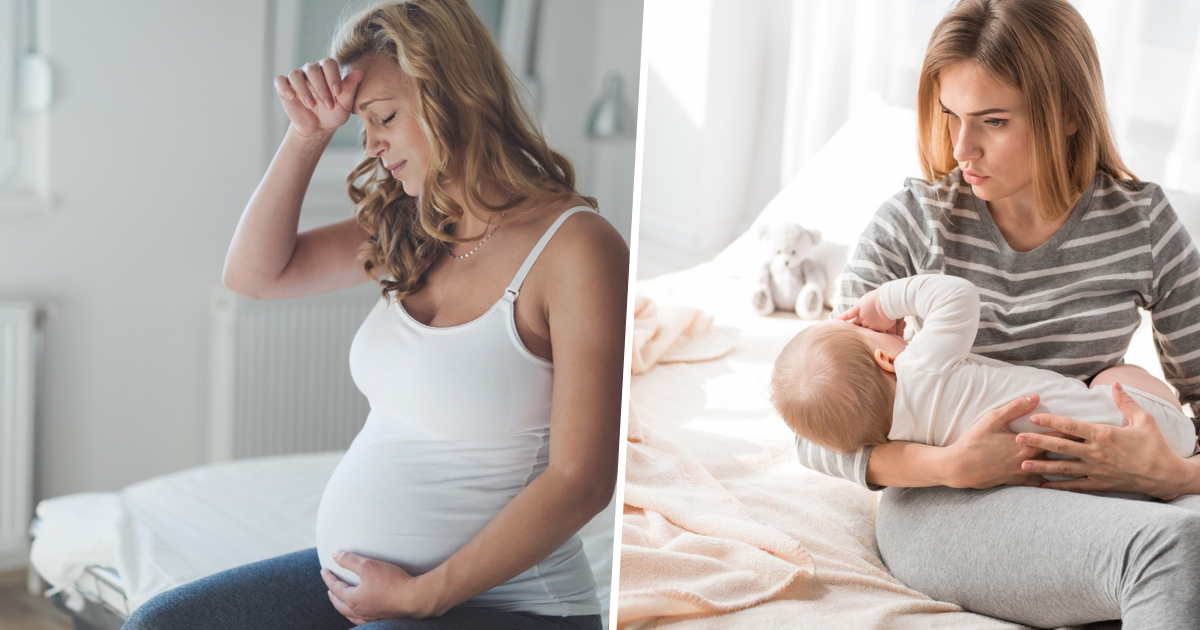There's a lot changing with the way that pregnant and postpartum moms are receiving care - in a really amazing way. The American Academy of Pediatrics (AAP) has finally taken note of how crucial it is to give mothers extra care whenever it comes to their mental health as well as their physical health. Yes, the medical community has been failing women so much that the AAP has updated their policy in a very major way - for the first time since 2010.
The new policy update has to do with perinatal depression. While the more common term, postpartum depression, deals with only depression after having a baby, perinatal is the blanket term for depression during pregnancy as well as after.
What does this mean for pregnant women and new moms? The AAP now recommends that women are screened for depression five times during pregnancy and new motherhood. This will now happen once during pregnancy and again at each of their baby’s 1, 2, 4 and 6-month checkups.
This policy has gotten into place after recent research showed that 50 percent of women who are found to be suffering from perinatal depression go undiagnosed. This is a huge number. But taking things even further, of that 50 percent that is actually diagnosed, they aren't always receiving the treatment or care that they need to get better. Something obviously needed to change.
The AAP has decided that the best method for pediatricians to be more on top of things is to make sure that mom is getting screened during the well baby visits. As of right now, this is something that only about half of pediatricians are currently doing nationwide.
So why is it the AAP making these strides? The AAP, who primarily deals with the health of children has stepped up to the plate to look at the bigger picture here. Knowing that moms health is directly related to the health of the baby and other children at home and play a key role in the child's development, they knew something needed to be done.
They have shared that whenever they are helping mom deal with her mental health struggles that they are helping the family unit as a whole. And this doesn't just go for moms, but dads, too. Their report also outlined that 25 percent of new fathers experience these symptoms the first year after a new child is born, however, their symptoms come out through substance abuse, violence, and undermining breastfeeding.
READ NEXT: Moms Of Baby Boys Over 70 Percent Likelier To Get Postpartum Depression

